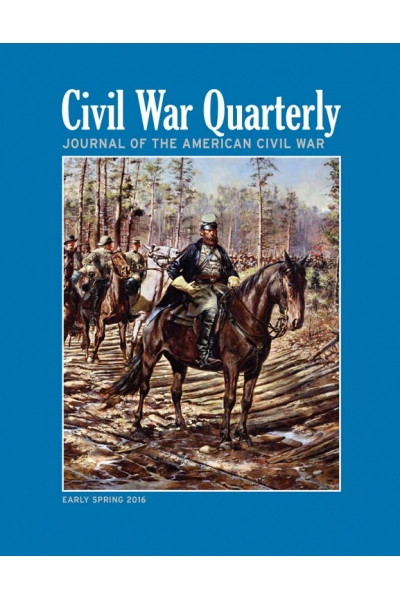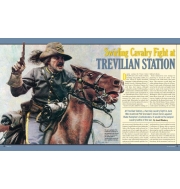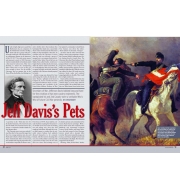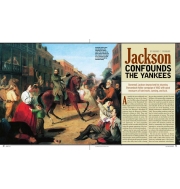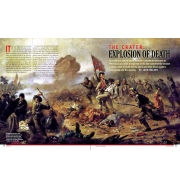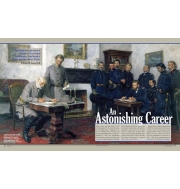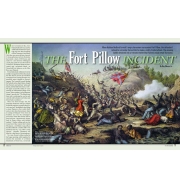Civil War Quarterly - Early Spring 2016 (Hard Cover)
Southerner vs. Southerner
A sizable minority of Southerners, particularly in border states such as Tennessee, Missouri, and Kentucky, did not support the Confederacy. Acts of civil disobedience and sabotage led to a severe crackdown on Southern Unionists. By Carole E. Scott
The Crater: Explosion of Death
An ambitious plan to tunnel beneath Confederate defenses at Petersburg and blast a huge hole in the line inadvertently became a literal crater of death for the black and white Union soldiers who poured into the opening. By John Walker
Jeff Davis’s Pets
Secretary of War Jefferson David lobbied long and hard for the creation of two new cavalry regiments. The handpicked 1st and 2nd Cavalry were a veritable Who’s Who of future Civil War generals. By Cowan Brew
City Under Siege
After the Lincoln administration began drafting Northerners for the war effort in July 1863, mobs of outraged New York citizens, most of them Irish immigrants, savagely attacked policemen, soldiers, and innocent African Americans whom they blamed for the draft. By Rick Beard
An Astonishing Career
Few Union men saw more of the war or its principal commanders than Medal of Honor awardee Horace Porter. By Richard H. Owens
The Fort Pillow Incident
When Nathan Bedford Forrest’s angry horsemen surrounded Fort Pillow, the defenders’ refusal to surrender forced him to make a costly frontal attack. The ensuing battle devolved into a frenzied melee that Forrest would never live down. By Roy Morris Jr.
Jackson Confounds the Yankees
Stonewall Jackson improvised his stunning Shenandoah Valley campaign of 1862 with good measures of hard work, cunning, and luck. By Brooke C. Stoddard
Swirling Cavalry Fight at Trevilian Station
At Trevilian Station, a two-day cavalry fight in June 1864 matched Phil Sheridan’s Union forces against Wade Hampton’s Confederates. It would be the largest cavalry battle of the war. By Arnold Blumberg
Editorial
Likable, inept Ambrose Burnside knew better than anyone that he was ill-suited to command an entire army in combat.
Your Review: Note: HTML is not translated!
Rating: Bad Good
Enter the code in the box below:

 Bestsellers
Bestsellers









 Our Featured
Our Featured